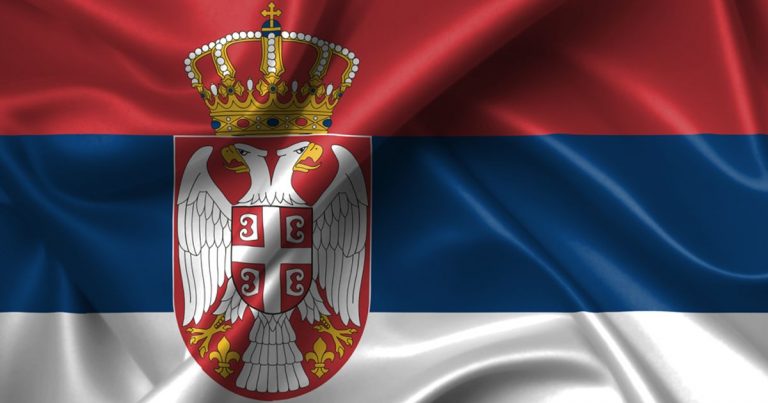How to Get a Serbia IP Address From Anywhere in 2025
Without a reliable Serbia IP address, you won’t be able to safely access certain sites, including government services, streaming platforms, and e-commerce sites. The problem is that not every service offering Serbian IP addresses is safe or dependable.
A VPN can provide secure access to your Serbian accounts from anywhere. Not just any VPN will do. It needs to have high-level encryption and servers in Serbia for a local IP address. Our team tested 90+ VPNs for reliability and speed to find the best VPNs to get a Serbian IP address.
Quick Guide: How to Get a Serbian IP Address With a VPN in 2025
- Download a VPN.
- Connect to a server in Serbia.
As soon as you connect to a server in Serbia, you’ll get a Serbian IP address. - Start browsing!
That’s it. You now have a secure connection and can browse the internet freely.
FAQs on How to Get a Serbian IP Address With a VPN
Why should I use a VPN for Serbia?
A VPN gives you added privacy and security during online activity. Reputable VPNs use robust security features, like encryption, to keep your data hidden from the sites and services you use. This helps you securely access shopping services, news, and streaming platforms.
VPNs that offer high-speed server networks also make it easy to bypass ISP throttling, so you can stream your favorite content in interrupted HD from anywhere. It only takes a minute to install a VPN to make use of all these benefits.
Is it legal to use a VPN to get an IP address for Serbia?
It’s legal to use a VPN in most countries, with some exceptions like China which only accepts government-approved VPNs. That said, you should regularly check the laws on VPN use in any country you live in or visit, as internet regulations frequently change.
All of the VPNs on this list provide servers in Serbia and can provide you with a local IP address.
Are VPNs banned in Serbia?
No, many citizens use a VPN for Serbia to increase anonymity online and protect sensitive accounts (banking, email, etc.) from hackers and other cybercriminals. It’s a good idea to use one too. Despite strong privacy protection laws in Serbia, your internet activity may still be under surveillance.
The VPNs on this list were thoroughly tested and work well in Serbia, so any one of them would be a good fit to protect your online privacy.
Can I use a free VPN to get a Serbian IP address?
I wouldn’t. Finding a free VPN with servers in Serbia is very difficult, and all free VPNs come with some form of restriction (data, bandwidth, server selection, etc.). Even if you find one with servers in Serbia, many free VPNs don’t have the features required to protect your data.
Can I get an IP address for Serbia without a VPN?
Yes. You can use a proxy or Smart DNS service, but they aren’t the best solution. Smart DNS doesn’t give you a new IP address, which leaves your actual location vulnerable. A proxy does a better job at hiding your location, but it doesn’t encrypt your data, which means you could expose sensitive information.
How do I make sure my IP address has changed to Serbia?
There are plenty of ways to check your IP address online (I use ipleak.net).
Connect your VPN to a Serbian server, pick a free IP checking site, and scan your IP address. If it finds a Serbian IP address, your connection is secure.
Is torrenting legal in Serbia?
Torrenting itself isn't illegal, but uploading and downloading copyrighted materials still is in most countries. VpnMentor never condones using a VPN for unlawful purposes, so it’s essential to keep updated with current internet laws in any country you live in or visit.
Luckily, there are plenty of free license movies, games, music, and software that are legal to download and share. You just have to choose one of the VPNs above to make your torrenting more secure and prevent potential tracking.
Get A Serbian IP Address Today
The best way to get a Serbia IP address for secure access to local sites, streaming, and other services is with a VPN. Every VPN I recommend has servers in Serbia and robust privacy protection, including 256-bit AES encryption and a strict no-logs policy.




Please, comment on how to improve this article. Your feedback matters!